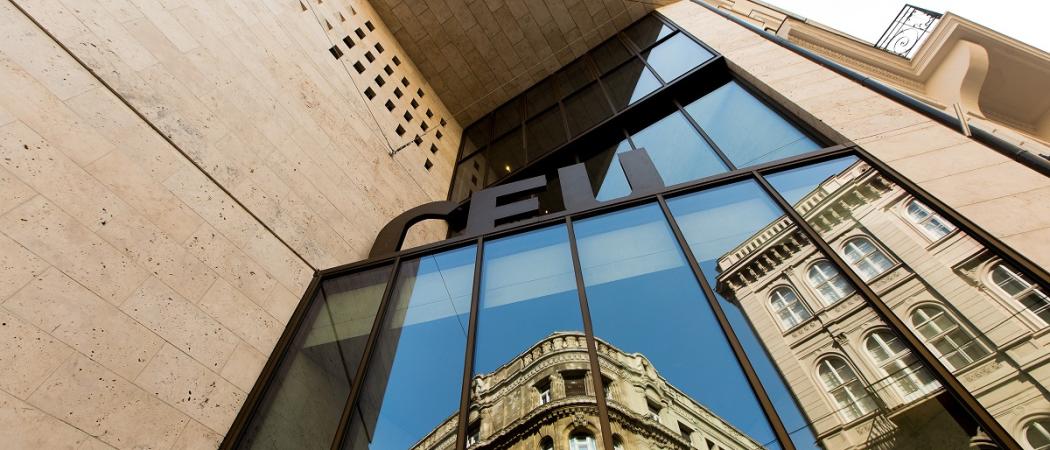With its future in Budapest remaining uncertain, the embattled university is making back-up plans

Central European University (CEU) is in negotiations with the city of Vienna to open a campus in the Austrian capital, complementing its headquarters in Budapest and the recently opened US site at Bard College in New York State.
CEU approached Vienna’s mayor Michael Häupl in autumn 2017 and a deal was forged over a few months with the help of Vienna’s Business Agency. CEU is a symbol of the awakening in the central and eastern European EU member states, said Häupl. “For Vienna as a university city, cooperation with the CEU offers the opportunity of the century.”
The announcement follows an anxious year after an amendment to the Hungarian higher education law threatened CEU’s ability to deliver programmes and issue degrees in Hungary.
In an attempt to comply with the new rules, CEU signed a memorandum of understanding with Bard College to validate its courses.
However, the Hungarian government has rebuffed CEU’s overture, saying the university has yet to comply with the law, and giving it a deadline of 1 January 2019 to do so.
Last month, the Hungarian Accreditation Committee reaccredited the university’s Hungarian legal entity Kozep-europai Egyetem (KEE), but the government has yet to sign an agreement with the State of New York which would validate CEU’s US degrees.
That has left CEU to come up with plan C. “As the largest German-speaking university city close to CEU’s home base in Budapest, Vienna offers ideal conditions for a new site,” the university said.
“We look forward to working with the City and the Austrian government to make a CEU Vienna a reality,” said CEU president and rector Michael Ignatieff.
Ignatieff has repeatedly reassured students, faculty and staff that CEU is not in danger and will continue to operate under any circumstances. But, until now, he has not gone into the details of any contingency plans.
CEU staff had anticipated the possibility of relocating across the border. “The worst that can happen is we move somewhere else, my guess is Vienna,” political science professor Levente Littvay told Science|Business in January.
However, faculty say moving from Budapest would be very disruptive for their families and for researchers who will have to get ethical approvals for their projects all over again.
Ignatieff emphasised Vienna will be a satellite campus and Budapest remains it headquarters.
“Even as we develop a CEU Vienna, Budapest will remain our home base. We are committed to resolving our long-term future in Budapest through the New York State - Government of Hungary draft agreement. We hope that the Hungarian government will sign and ratify it as soon as possible,” Ignatieff said.
The Otto Wagner area in the west of Vienna is to be examined as a possible location. The MoU commits CEU and Vienna to conclude a 99-year lease, making for a long-term commitment to the city.
European research leaders welcome the decision but hope that CEU will be able to keep its main campus in Budapest.
Robert-Jan Smits, former director-general of research and innovation at the European Commission, is “happy and relieved” that CEU has made it clear that Budapest will remain their home campus. “It would have been awful if the CEU would have surrendered to the political pressure, packed up and left the country,” said Smits.
“The new campus will offer new opportunities from which both sides, CEU and Vienna, will benefit greatly,” said Helga Nowotny, the chair of the ERA Council Forum Austria and former president of the European Research Council. “The main home of CEU is and hopefully will remain Budapest.”
In less than 30 years CEU has become a beacon of academic excellence in the region and its researchers have won an exceptionally high number of ERC grants. “CEU already excels in several social science disciplines according to the latest QS global subject ranking, which will also enrich the social science base in Vienna,” said Nowotny.





 A unique international forum for public research organisations and companies to connect their external engagement with strategic interests around their R&D system.
A unique international forum for public research organisations and companies to connect their external engagement with strategic interests around their R&D system.